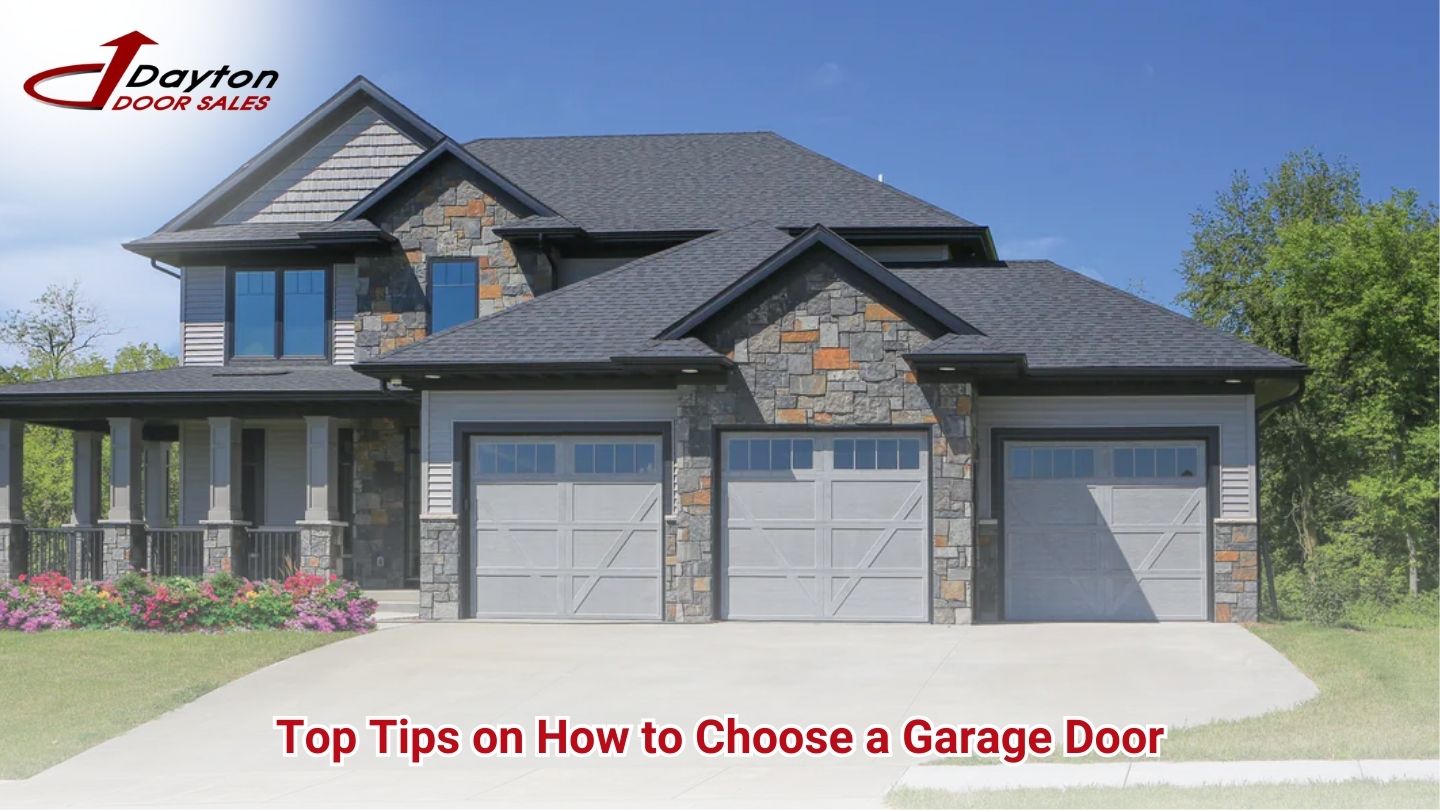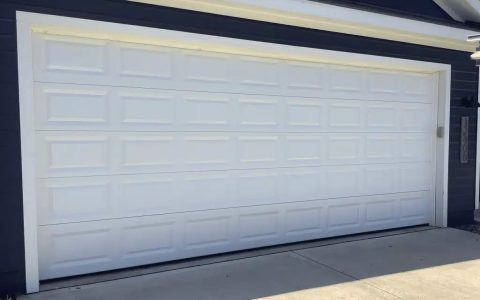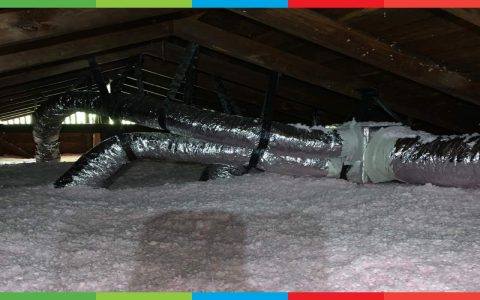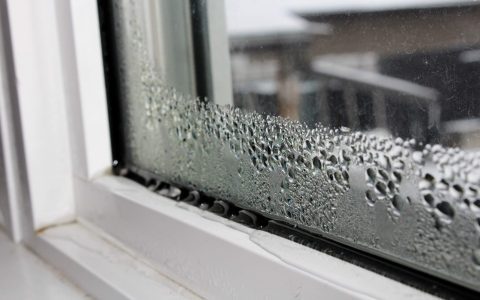Selecting the right material for your garage door is a crucial decision that impacts durability, maintenance, aesthetics, and insulation. Each material offers a unique set of advantages and disadvantages.
Steel Garage Doors
Steel is the most popular choice for garage doors due to its balance of durability, low maintenance, and affordability. It can be insulated to improve energy efficiency.
- Pros: Strong, secure, relatively inexpensive, available in many styles and colors, can be insulated (R-values typically range from 6 to 19).
- Cons: Can dent, susceptible to rust (especially lower-gauge steel or in coastal areas if not properly finished or maintained).
Aluminum Garage Doors
Aluminum doors are lightweight and rust-resistant, making them a good choice for humid, coastal climates. Modern aluminum doors often feature glass panels for a contemporary look.

- Pros: Lightweight (less strain on opener), rust-proof, available in many finishes and styles including full-view glass designs.
- Cons: Dents more easily than steel, generally offers lower insulation value compared to steel or wood.
Wood Garage Doors
Wood offers unparalleled natural beauty and a classic, high-end look. It can be customized extensively in terms of wood type, design, and finish.
- Pros: Aesthetically superior, natural insulator, highly customizable, strong and durable if well-maintained.
- Cons: Most expensive option, requires regular maintenance (staining, painting, sealing) to prevent rot, warping, and insect infestation.
Wood Composite Garage Doors
Wood composite doors are engineered to mimic the look of real wood but offer greater resistance to rot, splitting, and insects. They typically consist of wood fibers and resins.
- Pros: Resembles real wood, more durable and lower maintenance than solid wood, resists moisture and insects better.
- Cons: Can be heavier than other materials, quality can vary significantly between manufacturers, may not offer the same level of authenticity as solid wood.
Fiberglass Garage Doors
Fiberglass doors can be molded to replicate the look of wood grain and are resistant to dents, warping, and rusting. They are a good option for coastal regions.
- Pros: Can mimic wood grain effectively, lightweight, resistant to dents and rust, good for corrosive environments.
- Cons: Can become brittle and crack in extremely cold temperatures, insulation value can vary, color may fade over time with UV exposure.
Vinyl Garage Doors
Vinyl garage doors are known for their exceptional durability and minimal maintenance requirements. They are highly resistant to dents, scratches, and rust.
- Pros: Extremely durable ("kid-proof"), very low maintenance, resistant to dents and rust, won't fade, crack, or rot.
- Cons: Fewer color and design options compared to steel or wood, may not be suitable for extremely hot climates as some older or lower-quality vinyl could warp (though modern formulations are much improved).
Key Considerations When Choosing:

- Durability: Consider the local climate and potential for impact.
- Maintenance: Evaluate how much time and effort you are willing to invest.
- Insulation (R-value): Important for energy efficiency and climate control, especially if the garage is attached or used as a workspace.
- Aesthetics: Choose a material and style that complements your home's architecture.
- Budget: Material costs vary significantly.









